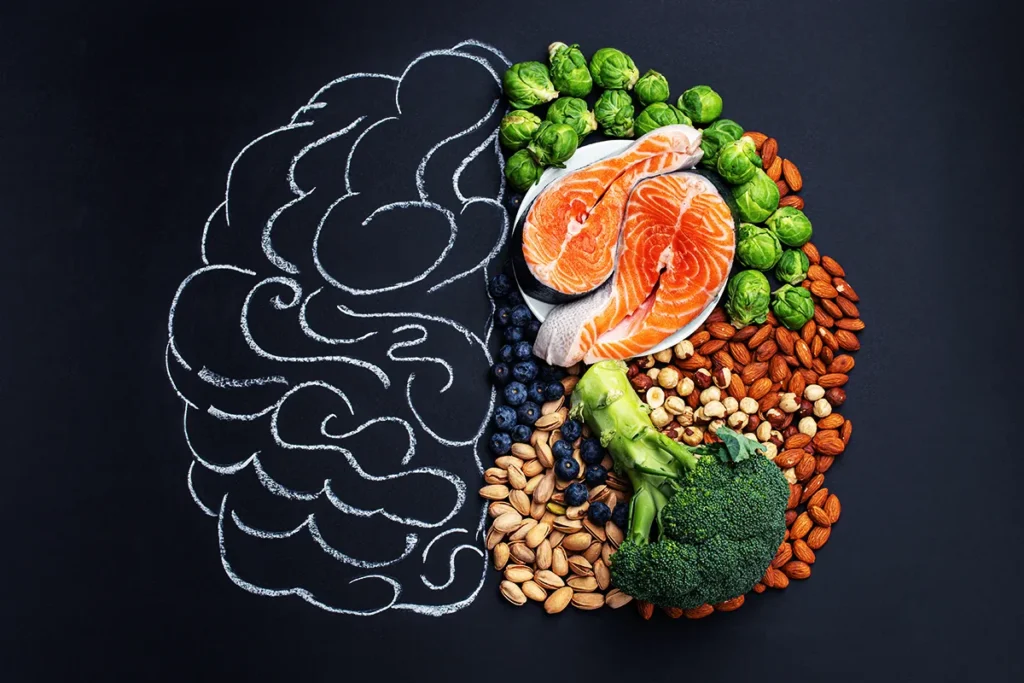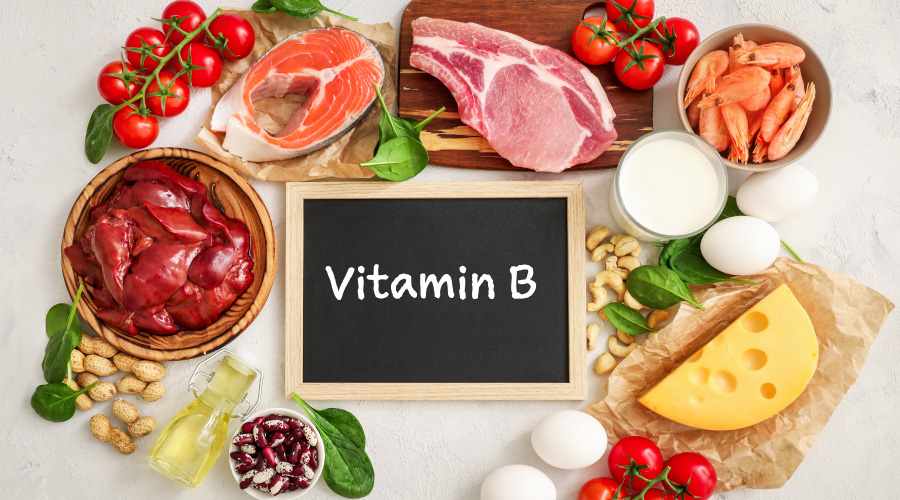“Unexpectedly, it might not be the supplement you have in mind.”
You might have often heard about the importance of omega-3 fish oil for brain health. However, there could be another supplement that is even more crucial for promoting a healthy brain. Rachel Ojha, an expert, mentioned that while omega-3 fats are emphasized in the Mediterranean diet for brain health, there are actually other supplements that could have a bigger positive effect. These supplements might be worth knowing about and considering for your brain health.

Top Supplement for a Healthy Brain: What’s the Best Choice?
Apart from omega-3 fatty acids, things like flavonoids, anthocyanins, antioxidants, and healthy fats are also really good for your brain. But when we’re talking about the best supplement for your brain, B vitamins are super important. Ojha says that even though people might not think about it, B vitamins actually do a lot to keep your brain healthy.
Certain B vitamins, including B1, B2, B3, B6, B9, and B12, are really good for the brain. They each help the brain in various ways and are important for keeping it healthy. Some of these B vitamins can even lower the chances of problems like memory loss and brain diseases.

Varieties of B vitamins.
Here’s some information about the various kinds of B vitamins and how they affect the health of your brain:
- Vitamin B1 (thiamine): Helps lower the chances of dementia and enhances focus and memory.
- Vitamin B2 (riboflavin): Reduces migraine risk by lessening nerve stress and inflammation.
- Vitamin B3 (niacin): Shields brain cells from stress and injury, preventing memory decline and dementia.
- Vitamin B6 (pyridoxine): Keeps cells healthy, aids amino acid production, and supports nerve and skin well-being.
- Vitamin B9 (folate): Makes good red blood cells, maintains cell function, and keeps DNA healthy.
Ojha explains, “B vitamins are crucial for making neurotransmitters, which are like messengers sending important signals between your brain and body. For instance, vitamin B6 helps create various neurotransmitters, including dopamine and serotonin, which affect how you feel.”
Signs that you might not have enough B vitamins in your body
How can you tell if you lack enough B vitamins? Some things can make you more prone to this deficiency, but there are also signs to watch out for.
Ojha says that when there’s not enough of something important for the brain, it can cause specific problems related to the brain.
Not having enough vitamin B6 (also called pyridoxine) can lead to being easily annoyed, having trouble staying focused and alert, and experiencing problems with thinking and memory that could lead to being diagnosed with dementia.
When you lack vitamins B9 (folate) and B12 (hydroxocobalamin), you might notice changes in your behavior and have trouble thinking clearly. Your overall ability to remember and understand things might also get worse over time.
Brain-Boosting Foods: Eat B Vitamins for a Smarter Mind
Using Supplements for Better Brain Health: Especially if lacking B vitamins, but also adding B vitamins to your meals by choosing specific foods.
Foods that have vitamin B6 are meat like chicken and pork, fish like tuna and salmon, beans like chickpeas and black beans, green veggies, cereals that are enriched, nuts, bananas, and potatoes. Folate can be found in liver, leafy greens such as spinach and kale, asparagus, avocado, beets, beans like lentils and pinto beans, fruits like oranges and lemons, and cereals that have extra nutrients.
If you want to get more vitamin B12 in your diet, Ojha suggests eating foods like liver, meat (like steak and pork), fish (such as salmon and tuna), plain yogurt, cottage cheese, Swiss cheese, and other things that come from animals. These foods are good sources of vitamin B12.
Who should focus more on getting enough B vitamins – through their food or supplements? Well, it depends on your age, diet, and lifestyle. For instance, as we get older, our bodies might have trouble absorbing Vitamin B12. This isn’t just a guess; there’s actual scientific evidence supporting it. A study called NHANES found that many adults over 50 don’t get enough vitamin B6, folate, and vitamin B12 from their diets. So, if you’re in this age group, you might want to think about adding B vitamin supplements to your routine.
Another reason for not having enough B vitamins could be the food you eat. If you mostly eat plants and not much meat, you might be at a higher risk of lacking these vitamins.
“If you don’t eat meat or dairy and you’re a vegetarian or vegan, you might want to think about taking B12 supplements,” Ojha suggests.

